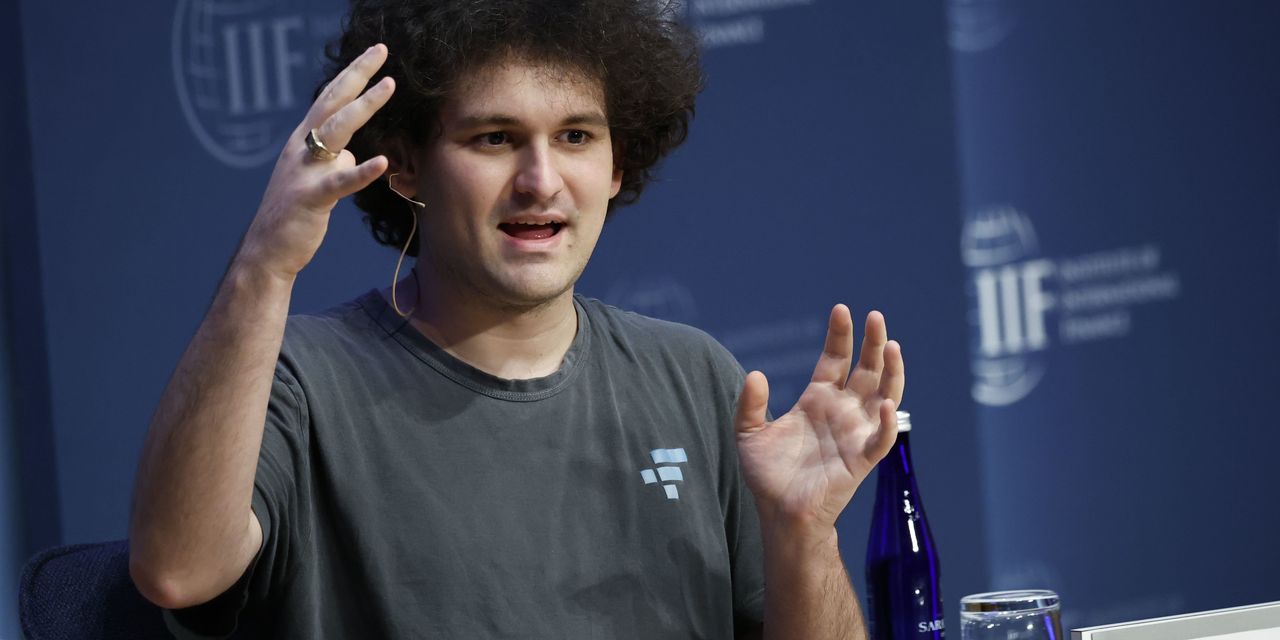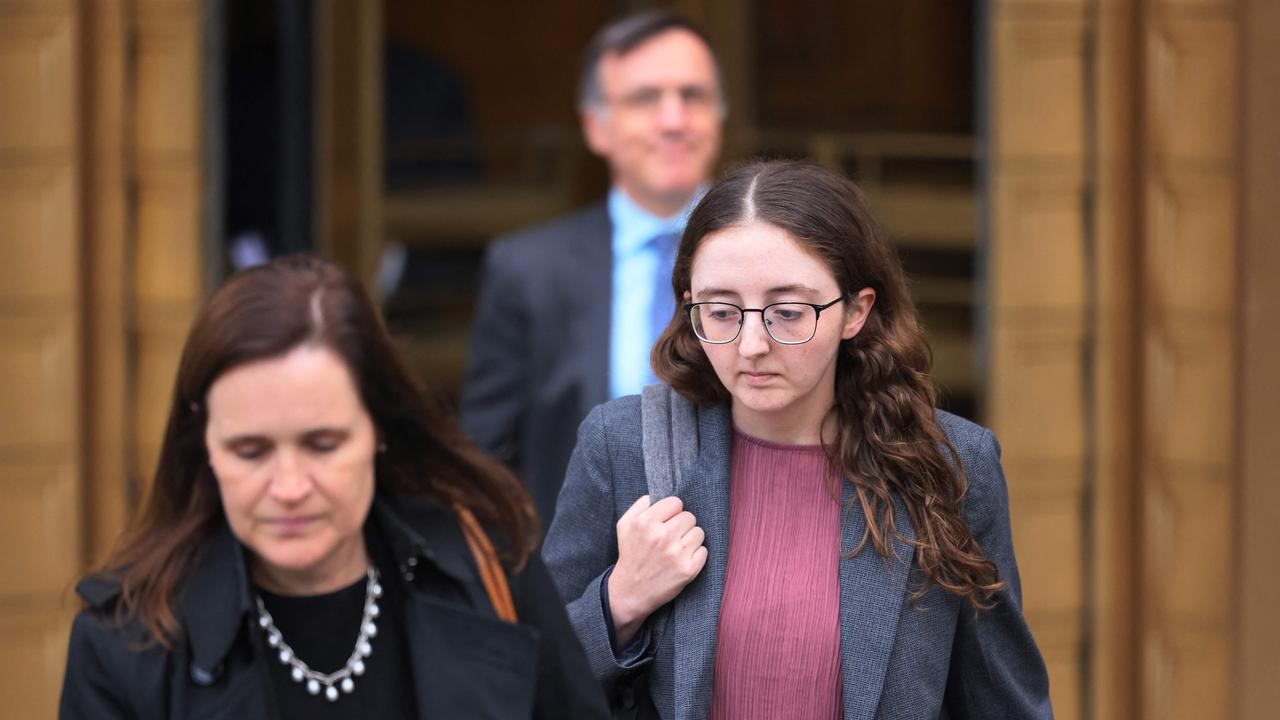Former senior FTX executive Nishad Singh has provided shocking testimony in the trial of FTX CEO Sam Bankman-Fried, revealing that Bankman-Fried and other FTX executives spent a staggering $8 billion of customer funds on various extravagant ventures. Singh’s testimony sheds light on the exact destinations of these massive expenditures.
Key Takeaway
The ongoing trial of FTX CEO Sam Bankman-Fried continues to unveil shocking revelations about the misuse of $8 billion in customer funds. Testimony from former FTX executive Nishad Singh highlights the extent of the extravagant spending, including real estate investments, venture capital deals, endorsement deals, and campaign donations. The trial provides an inside look into the alleged fraud and money laundering activities at FTX that involved senior executives.
The Coding Error that Exposed the Hole in Alameda’s Books
Singh, who has already pleaded guilty to several charges, including fraud and money laundering, explained that he discovered an $8 billion hole in Alameda’s accounting as a result of a coding error. This error caused incorrect accounting of user deposits, leading to a significant discrepancy in the books.
His testimony aligns with that of other prosecution witnesses, including FTX CTO Gary Wang, Alameda CEO Caroline Ellison, and FTX engineer Adam Yedidia. All three have pointed fingers at Bankman-Fried as the mastermind behind the fraudulent activities.
Revelations of Excessive Spending
According to Singh’s testimony, Bankman-Fried’s spending was described as “excessive.” Singh often learned about these large expenses after they had already taken place and expressed his concerns, which were not taken seriously. Singh even admitted that he felt embarrassed by the excessive and flashy nature of the spending, which contradicted what he believed the company was trying to achieve.
Singh and prosecutor Nicolas Roos went through spreadsheets detailing the $8 billion expenditures by Alameda. Bankman-Fried, as per Singh, was primarily responsible for making final decisions on investments and the overall investment strategy of the company.
Astounding Investments and Endorsements
The prosecution focused on Alameda’s investments, including $1 billion in Genesis Digital Assets, a crypto mining firm, and $500 million in Anthropic, an AI company focused on safety. Another significant investment was $200 million in K5 Global, a venture firm led by investor Michael Kives.
Singh voiced his concerns about partnering with K5 and allocating substantial funds to the firm, which he believed would be detrimental to FTX and Alameda’s culture. However, his reservations did not sway Bankman-Fried, and the deal proceeded using Alameda’s venture arm.
Bankman-Fried’s desire for endorsements and partnerships with celebrities also drove significant expenses. For example, FTX spent $205 million on renaming the Miami Heat stadium as FTX Arena and $150 million for MLB endorsements. The company also paid over $1.13 billion for endorsements from several high-profile figures, including Steph Curry, Riot, Larry David, Tom Brady, and Giselle Bündchen.
Luxury Real Estate and Political Donations
Singh’s testimony also revealed that funds were allocated towards purchasing various properties, including a $30 million penthouse in the Bahamas. Bankman-Fried’s political donations were substantial, with tens of millions going to election campaigns.
Despite Singh expressing concerns about the company’s extravagant spending, he was often dismissed and belittled by Bankman-Fried.
Uncovering the $8 Billion Hole
Singh explained that the $8 billion hole in Alameda’s balance sheet was the result of a bug introduced by FTX engineer Adam Yedidia. This bug prevented correct accounting for user deposits in the fiat@FTX.com internal accounting system.
Furthermore, Singh revealed that Alameda enjoyed “special privileges” on FTX’s platform, including the ability to trade, borrow, and withdraw funds in excess of their balance and collateral amounts. This feature allowed Alameda to withdraw money that it didn’t have, ultimately leading to a $2.7 billion deficit on the FTX platform by June 2022.

























